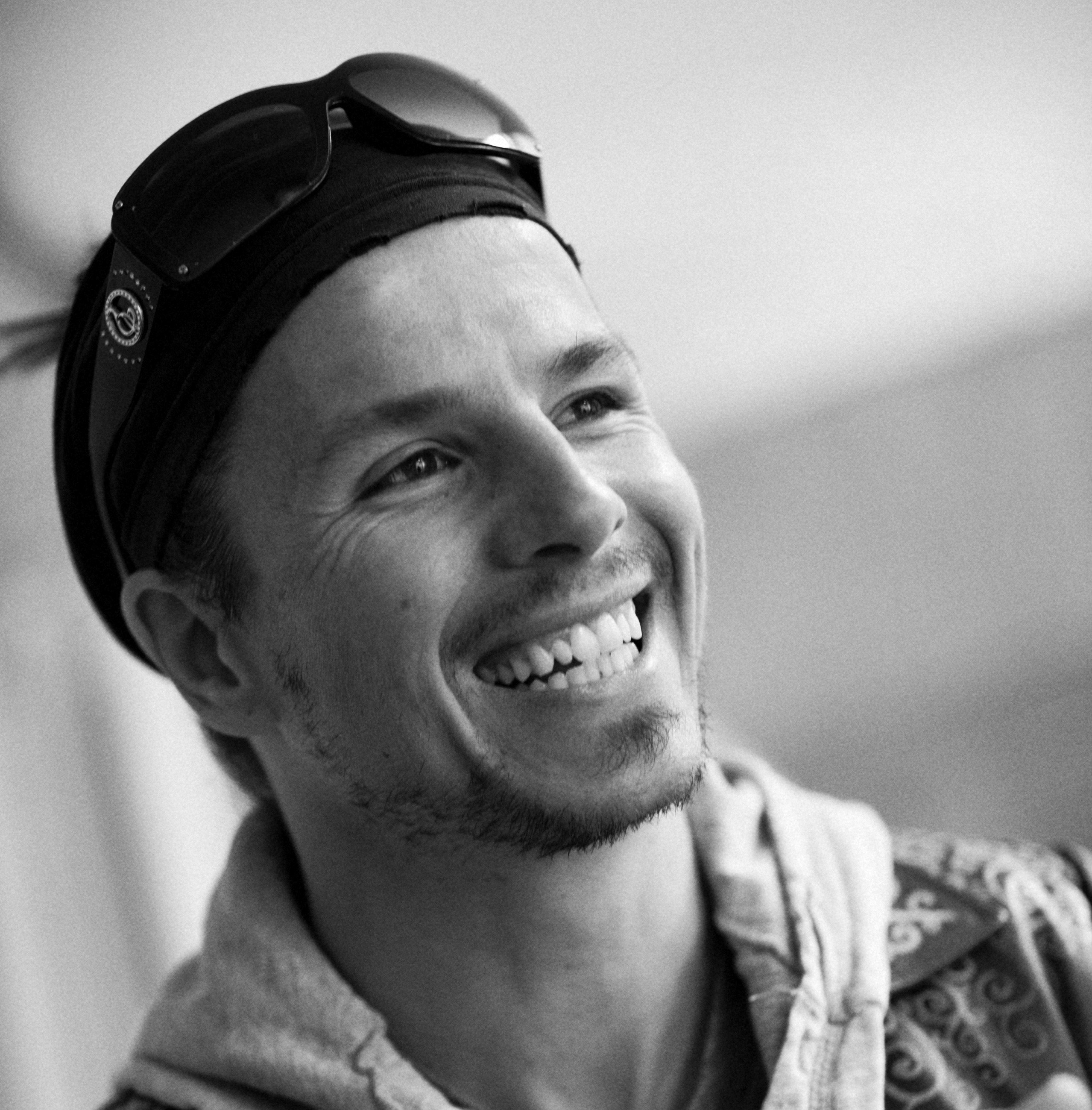Spreading HAPPY awareness – Director Roko Belic
Author’s Note : I am thankful for much of the beauty in this world — from nature’s splendor to human innovation. One of my favorite things of beauty is the film, HAPPY. Award-winning director, Roko Belic, takes viewers on a trip around the world exploring what (truly) makes us happy. A savvy filmmaker, he intersperses slice-of-life vignettes from India, Okinawa, the US, and points in between, with data from renowned researchers. I’ve been privileged to work with Roko and his team in developing educational materials. I recently asked him what he learned about gratitude while making HAPPY. I dedicate this interview, in gratitude, to the staff of PsyInsight for their commitment to increasing happiness!
Mary Judd: What did you learn about gratitude in your travels around the world?
Roko Belic: I always knew gratitude was important on a personal, internal level. It helped me understand how someone who has very little, materially, can still be happy. And why someone who has a lot materially can be unhappy. If you don’t appreciate what you have that’s going to have a big impact on your life. But, I didn’t realize the importance of expressing gratitude. Expressing it helps us in very concrete ways.
I recently gave a simple compliment to a person cleaning windows in an elevator in Australia. I said, “Oh you are the reason these elevators are so beautiful and clean.” The woman almost cried. She said in eight years no one has ever noticed what she was doing. They ignored her. I totally understood. We are not trained to express our appreciation for everything; we are trained to take certain things for granted, like well-maintained office buildings and hotels. Her reaction made me realize that extremely small and easy gestures of appreciation can actually have a profound impact on people.
MJ: Right. Your comment brought more meaning to what she does and made a connection in her day. There is a real ripple effect in that.
RB: Yes, I welled up with tears because I thought, Oh how bad is it that this woman hasn’t been appreciated, but how great is it that something so small, like recognizing her work, actually makes her feel so good? It’s empowering at the same time it is surprising – why don’t we express gratitude more often? I also love the research that shows that writing a letter of gratitude, even if you don’t send it, simply thanking somebody in letter form, can increase your happiness for a significant amount of time afterwards.
MJ: Why do you think that is?
RB: I think that the inherent truth of our existence is amazing. When we appreciate things we are acknowledging connections, our place in this incredible experience of the history of the universe. That might sound too big, but by appreciating anything, we acknowledge that we are lucky to be here. We recognize that it is a privilege and it’s exciting and it’s an adventure. This stimulates us and reminds us that we are alive. Our senses and feelings can get numbed when our lives become too routine, when our focus is only to pay the bills or to get a job promotion. We lose meaning. I think gratitude helps us break out of that rut and activates more of who we are. There is something inherently empowering and positive about that.
MJ: Well said.
RB: We grow tall and strong and flourish when we use our personal and internal resources: our emotions, our appreciation, and our intellect, and creativity.
MJ: How do people in other cultures express gratitude?
RB: In most of Asia, especially India, there is a gesture of clasping your hands together when you meet somebody. (In the West it is like a prayer gesture.) It’s so ubiquitous nearly everybody does it, especially those living a more traditional lifestyle. The gesture is inherently humble, usually accompanied by a bow. It doesn’t matter if you grew up with it or not, you feel that the person greeting you is somehow saying: I appreciate you being here, thank you. It’s such a fundamental thing they have incorporated into every single day. It reminds me how our cultures can either stimulate or help atrophy our natural tendency towards gratitude. In a culture where the greeting is an act of humbleness, something really beautiful results. It feels much less ego-driven, competitive, cynical in nature than the greeting many of us are taught — to give a strong handshake. The strong handshake is supposed to assert your strength and your power, not your humbleness and your appreciation.
MJ: I love that – deliberate, compassionate, nonverbal communication.
RB: There is something very true in that. In other cultures, again like India, they have shrines within people’s homes and in public places. Usually the shrines are religious in nature and in the Indian philosophy remind us that we are part of a series of cycles of life, death, and rebirth. Whatever the nuance of the shrine, in general it says: we are pieces in a huge tapestry that is life. That reminder is different than one we sometimes get : if you make a lot of money you are more important than the person who makes less money, or if you have a fancier car you are doing better and maybe (are) even a better person than someone who hasn’t been financially successful. We get these messages from cultures all the time.
A man in our movie comes to mind: the rickshaw driver named, Manoj. Compared to 99% of Americans, he has relatively nothing materially. Water often trickles from a hole in his hut where he lives with two generations of family. Yet the appreciation he feels just for being able to see his children’s faces when he returns from a grueling day at work is what gives him the sense of purpose and meaning that he needs to sustain himself.
MJ: He’s not faking it. Love is all over his face.
RB: Exactly. And he’s not uncommon. It’s not to say that people who are suffering are happy, that’s not at all true. What it means is the physical struggle doesn’t influence our wellbeing as much as we think.
MJ: Right. And you have seen that first hand in many places around the world.
RB: Absolutely.
For information about HAPPY (and corresponding educational materials) go to: www.thehappymovie.com


